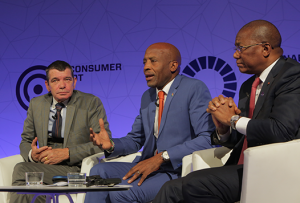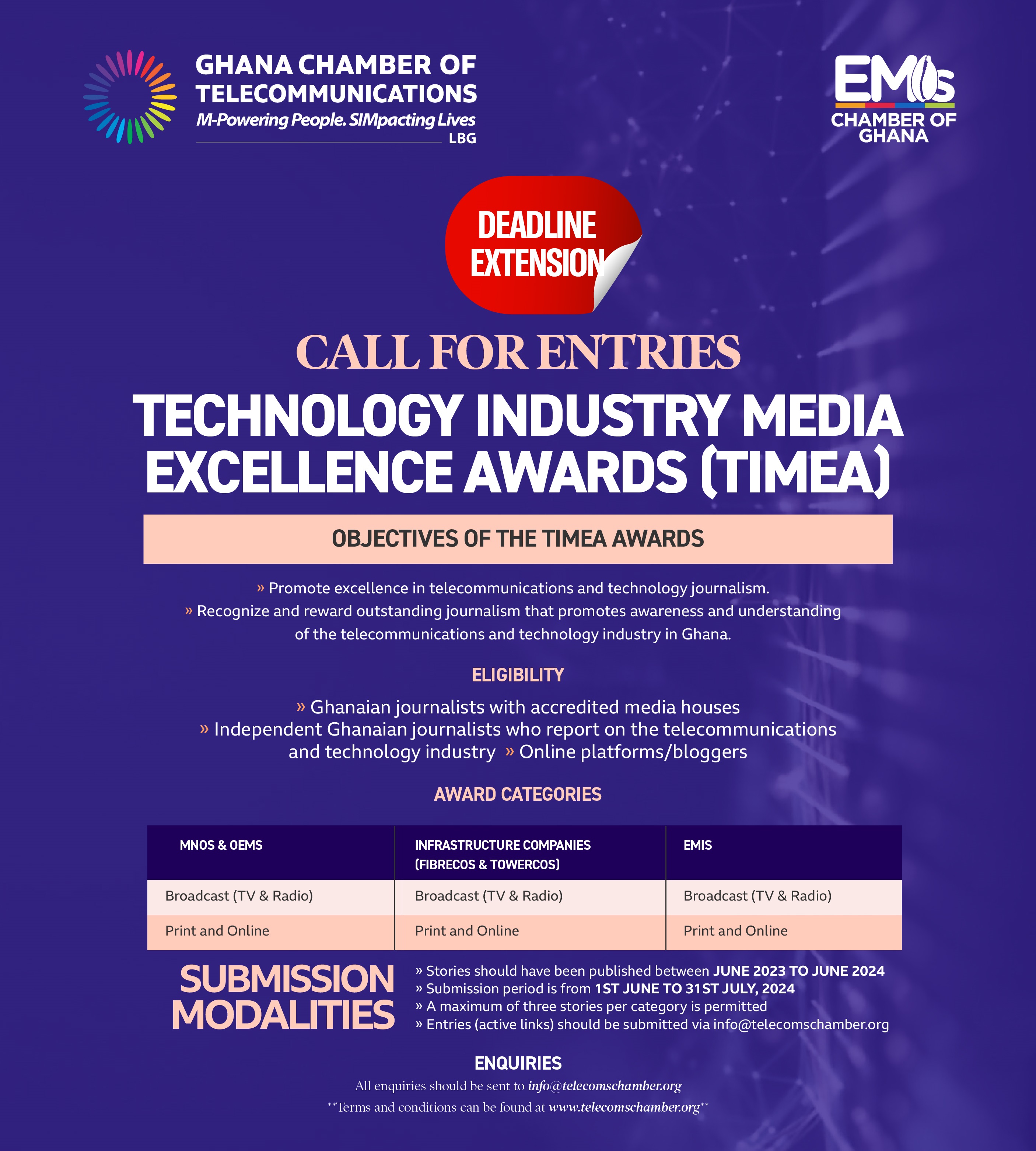Industry executives at the Mobile World Congress highlight the leading role that the mobile communications industry is taking, and must take, in improving the lives of people all over the world, and how collaboration, partnership and leadership during this current period of digital disruption will be key to fuelling innovation, transforming industries and spurring new opportunities.

During the opening keynote session at Mobile World Congress, Mats Granryd, GSMA director general, emphasised the important role that mobile will play in achieving the UN Sustainable Development Goals (SDGs).

“As an industry, we have an opportunity – and, I would argue, an obligation – to leverage our mobile networks and services to help achieve the SDGs,” he said. “The mobile industry is helping people in times of disaster, reducing inequalities, helping to preserve the world’s resources, and we are positively impacting people’s lives every day.”
Marie Ehrling, chair of both Telia Company and security firm Securitas, said the industry must now lead and shape its future through a period of digital disruption, both in terms of strategy, actions and culture, and also emphasised the need for collaboration.
“Silo thinking is not only unadvisable, but also wouldn’t work. From every company I’ve worked with today, collaborative working environments are rich across industries and across markets. It’s one of the most important catalysts of success,” Ehrling said.
Shang Bing, chairman of China Mobile, called on mobile operators to engage in a “global conversation” with one another and relevant digital players to drive innovation.
He also echoed the views of other keynote speakers in that 5G would help boost economies worldwide, provided mobile operators cooperated with what he called “ICT industries”.
“No single company can do it all alone,” he said. “By working together we can make the cake bigger.”
This was especially true in developing ecosystems surrounding big data. “We want to create win-win digital ecosystems,” he added
During the keynote, NTT DoCoMo provided concrete details of its mid-term strategy, “Beyond”, which will take the Japan-based mobile operator into the 5G era from 2020 onwards. The operator plans to launch 5G in 2020 to coincide with the Olympic Games in Tokyo.
In common with other keynote speakers Kazuhiro Yoshizawa, president and CEO of NTT DoCoMo, emphasised the importance of “co-creation” strategies with partners to establish what he described as a “richer future with 5G”, also ensuring that people will be able to use 5G services on new 5G networks “from day one”.
To support this strategy, the operator has launched the DoCoMo 5G Open Partner Programme, and has already received expressions of interest from 610 entities that wish to participate.
As well as 5G, Granryd highlighted artificial intelligence as a new area of innovation, fuelled by the availability of high-speed connectivity, the mass-market adoption of smartphones and the power of machine learning.
However, both Granryd and José Maria Alvarez-Pallete, chairman and CEO of Telefonica, once again stressed the requirement for a regulatory environment that supports the communications industry’s enormous contribution to society and global economies.
“This industry makes huge investments every year and employs millions of professionals,” said Alvarez- Pallete. “In order to efficiently make all our contributions, we need an investment friendly framework. It is not about regulating others; it is about having a level playing field.”
Granryd echoed this message, saying: “We need an environment that provides higher levels of certainty and consistency,” including the timely release of harmonised spectrum, approval of effective consolidation, an even playing field for equivalent digital services, and the ability to harmonise international privacy and data protection rules.
“All of these are crucial to the development of a rich and vibrant digital economy and to the very future of our industry,” Granryd concluded.
Source: Mobile World Live






